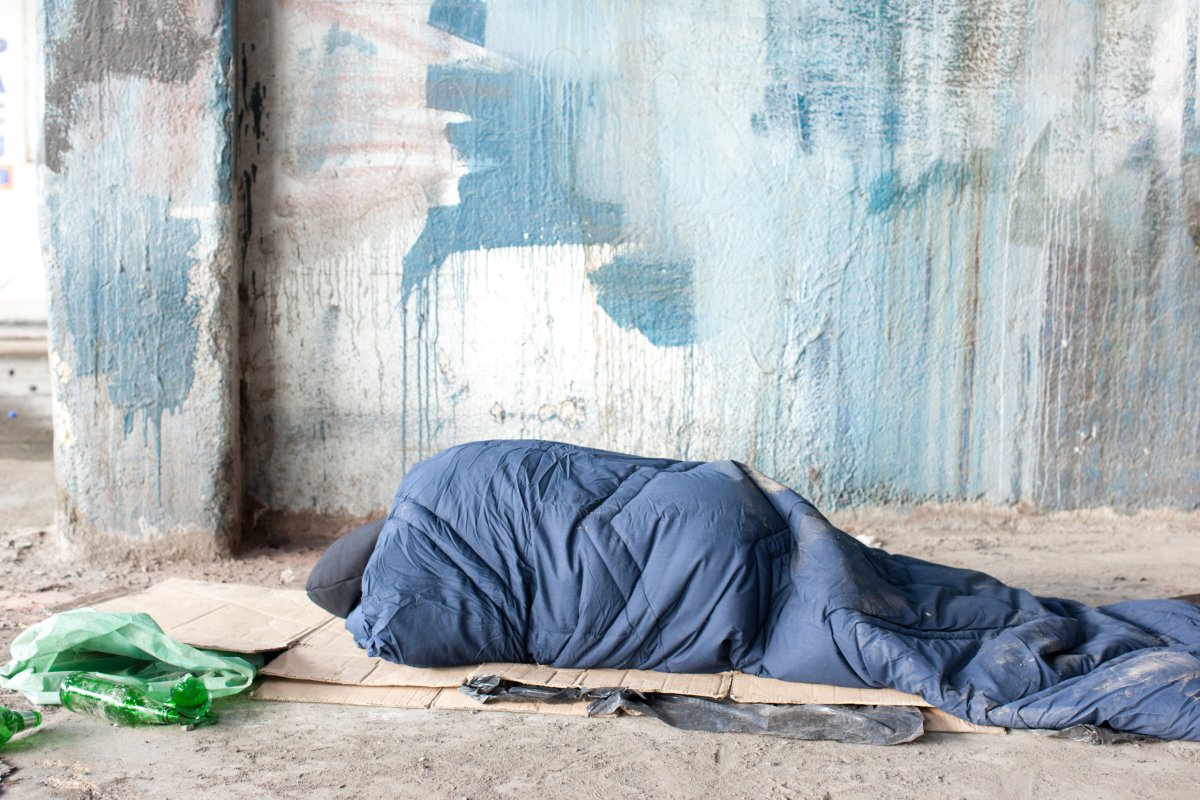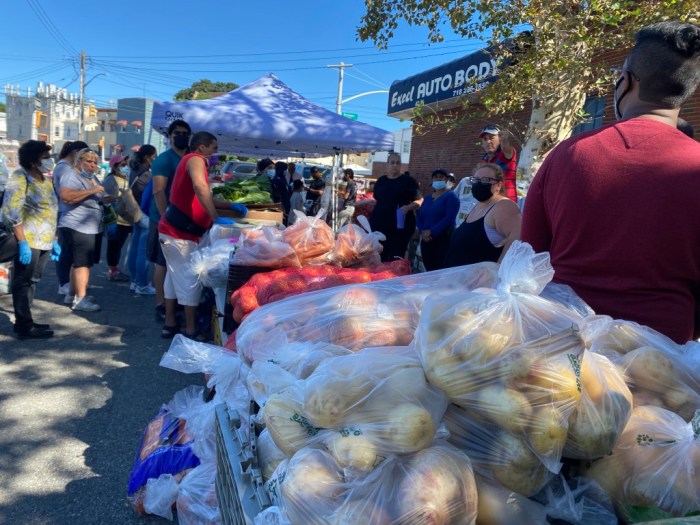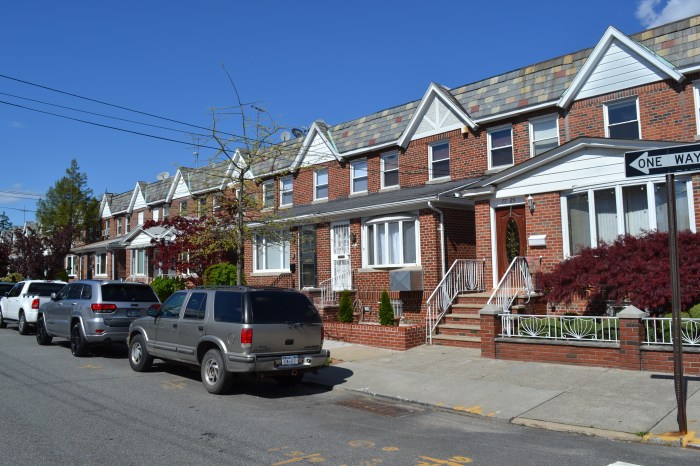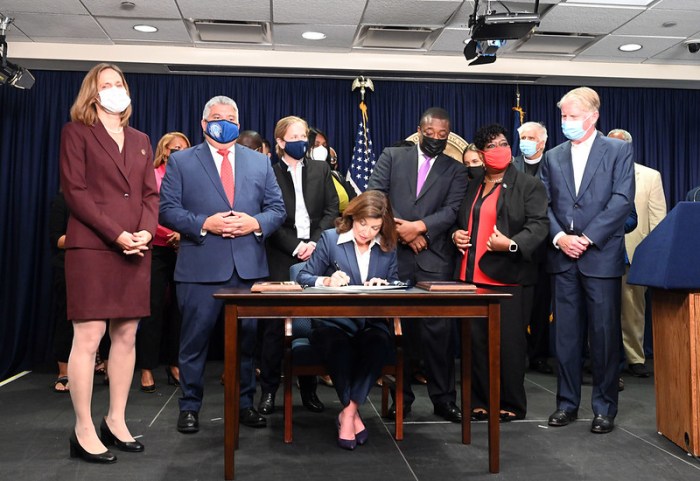Victor Lopez, 59, has been struggling to hold a job for most of his life. Since the pandemic hit, he got passed around to different homeless shelters, where Lopez said he faced terrible violence. Now, all he wants is to find a safe haven at the Hungry Monk shelter in Ridgewood.
Lopez said he’s been to many shelters throughout the city but never felt more unsafe than in Harry’s Place in Bed-Stuy, Brooklyn. Close to 50,000 people in New York City are experiencing homelessness and Lopez knows his situation is not unique.
“It’s terrible,” Lopez said. “It’s crazy in there. Why would they put me in a shelter like that? I didn’t give anyone any trouble. I’m out here trying to get better and get help, not to fight with people.”
Lopez has been trying to get a bed at the Hungry Monk facility, but unfortunately, no beds are available. Father Michael Lopez (no relation), who started the nonprofit, said they have rarely had a free bed since they opened in 2019.
Lopez’s problem is indicative of a larger issue faced by many around Queens and the rest of the city. Council member Robert Holden said Department of Homeless Services Commissioner Steven Banks is to blame. Holden said Banks had been an advocate for the large “warehouse” shelters that pack people in without privacy and barely any security, resulting in the dangerous conditions Lopez spoke of.
Banks announced his decision to step down last week. Holden is hoping this will kick off a more responsible homeless response.
“I would much rather have smaller, faith-based shelters along with letting a community have a say in where they would be located,” Holden told QNS. “The organizations that run the big shelters for the city have contracts that they often do not fulfill, such as providing adequate security, etc. Banks did not hold them accountable. Residents of the shelter often harass neighborhood residents and shopkeepers, as well as steal from them. Banks also created a culture of corruption, with one scandal after another.”
Holden referred to many reports revealing corrupt owners of city-funded shelters. The New York Post uncovered that the city gave over $4 billion to shelter owners — who have been accused of pocketing millions — to combat the homeless crisis.
The Post also explained that so much money has gone to corrupt shelters because City Hall has underfunded contracts to tackle homelessness. This leads to more reputable organizations and shelters refusing to bid on those contracts.
Lopez said he had felt the effects of the city’s neglect as someone in and out of shelters often.
“We’re just numbers in a shelter,” Lopez said. “There are so many people; the guards can’t get to everybody. If we could all just get along so we can all get help. We have to obey the rules. Some people really want help.”
Lopez said that staying at Hungry Monk would be such a relief as he’s felt unsafe for so long.
“Being there will give me peace of mind so I can get myself better and get the right help so I can get a job and affordable housing,” Lopez said. “I have nobody to help me. I’ll do anything to get out of these shelters. All my life, I’ve struggled.”
DHS did not respond to a request for comment before QNS’ deadline.

































